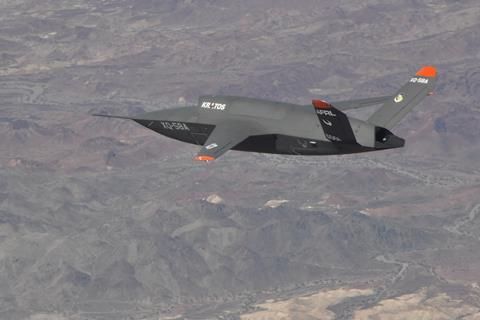Technology related to sending power via a microwave beam down to Earth could potentially be applied to taking out hostile targets in space.
Category: military – Page 180

Booz Allen Hamilton wins massive Pentagon artificial intelligence contract
The contracting giant will provide the JAIC with “data labeling, data management, data conditioning, AI product development, and the transition of AI products into new and existing fielded programs,” according to the GSA news release.
“The delivered AI products will leverage the power of DoD data to enable a transformational shift across the Department that will give the U.S. a definitive information advantage to prepare for future warfare operations,” the release said.
The contract will support the JAIC’s new joint warfighting mission initiative, launched earlier this year. The initiative includes “Joint All-Domain Command and Control; autonomous ground reconnaissance and surveillance; accelerated sensor-to-shooter timelines; operations center workflows; and deliberate and dynamic targeting solutions,” said JAIC spokesperson Arlo Abrahamson told C4ISRNET in January.
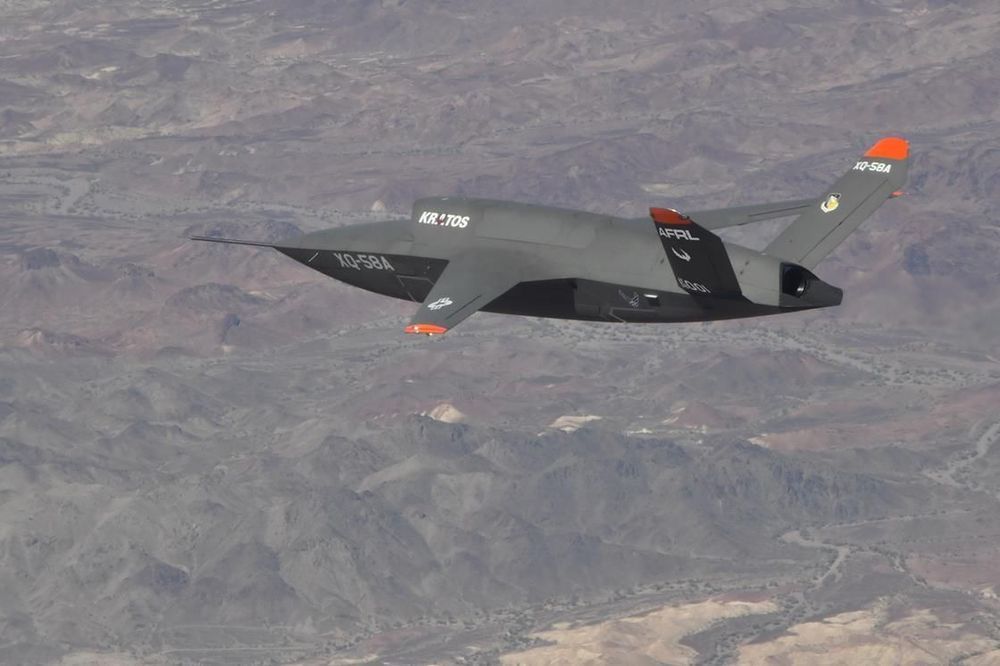
US Air Force launches Skyborg competition, artificial intelligence for loyal wingman UAV
The US Air Force (USAF) has launched a competition to design the artificially intelligent software, called Skyborg, that would control its planned fleet of loyal wingman unmanned air vehicles (UAV).
The service intends to grant indefinite delivery/indefinite quantity contracts worth $400 million per awardee to develop the software and related hardware, it says in a request for proposals released on 15 May. The USAF is looking for technical and cost proposals from companies by 15 June 2020 and intends to award multiple companies contracts, though it may award just one contract or no contracts, based on proposals.
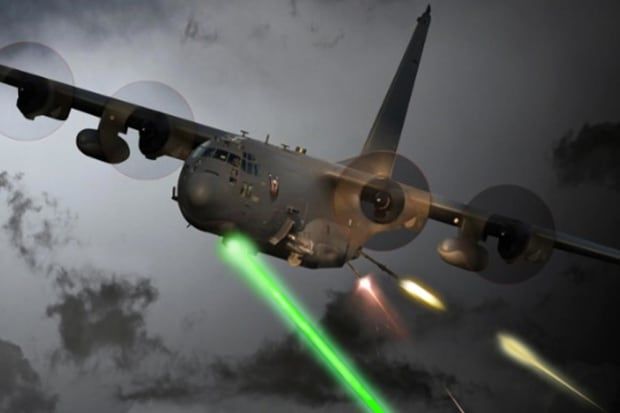
AFSOC to finally mount a laser weapon on an AC-130 gunship
After years of funding woes, Air Force Special Operations Command is on track to fire a high-powered laser weapon from an AC-130 gunship sometime in fiscal year 2022, officials said.
Speaking during the Virtual Special Operations Forces Industry Conference last week, Air Force Col. Melissa Johnson — program executive officer for fixed-wing programs at SOCOM — stated that the command is inching towards strapping a laser weapon aboard an AC-130J Ghostrider following a series of studies and ground tests.

New Ways to Nudge the Brain
Summary: New neurostimulation technology works safely and non-invasively to modify brain activity. The findings may provide some foundational knowledge for the development of future technologies that could expedite cognitive processes.
Source: US Army Research Laboratory
For Army scientists, the goal of neuroscience research is pursuing the inner workings of the human brain to advance scientific understanding and improve Soldier performance.
Czinger 21C: the world’s first 3D printed hypercar | Top Gear
The Czinger 21C is a 1,233bhp 3D printed hypercar complete with a turbo V8 revving to 11,000rpm, a 1+1 layout and $1.7m price tag. Oh, and the big news is it’s 3D printed. Well, large sections of the chassis are, paving the way for a revolutionary new car manufacturing process that could change… everything. It’s mind-blowing stuff, so let Jack Rix be your guide around California’s Koenigsegg rival.
WATCH MORE TOP GEAR:
http://bit.ly/TG-S27
http://bit.ly/StigCams
http://bit.ly/TG-Mercedes
MORE ABOUT TOP GEAR:
Want to watch a bit of Top Gear on the internet? Welcome to the most comprehensive collection of official clips you’ll find on YouTube. Whether you’re searching for a caravan challenge, Ken Block in the Hoonicorn, cars versus fighter jets, Stig power laps or the latest Chris Harris Drives, you can find all the iconic films here.
Want to share your views with the team? Join our BBC Studios Voice: https://www.bbcstudiosvoice.com/register
This is a commercial channel from BBC Studios. Service & Feedback https://www.bbcstudios.com/contact/contact-us/
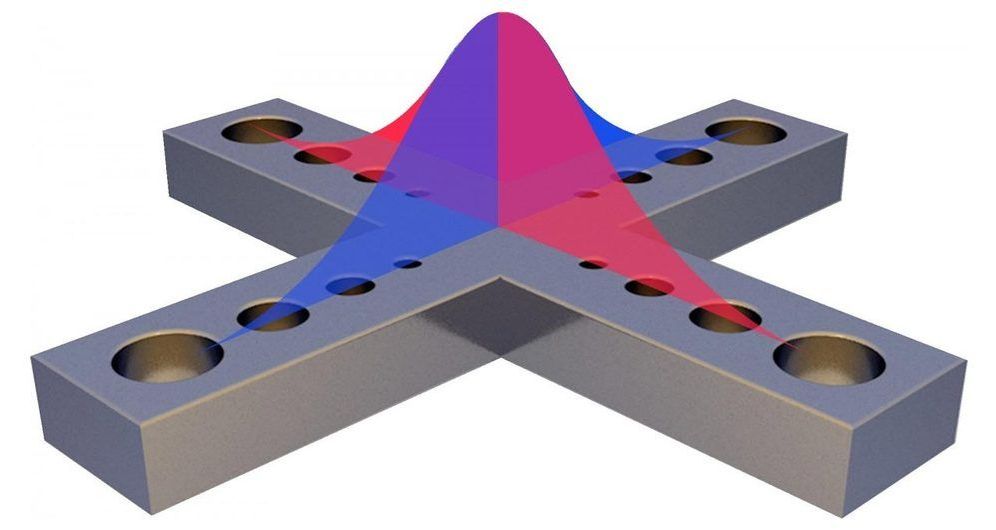
Army Researchers Advance Toward Quantum Computing at Room Temperature
Army researchers predict quantum computer circuits that will no longer need extremely cold temperatures to function could become a reality after about a decade.
For years, solid-state quantum technology that operates at room temperature seemed remote. While the application of transparent crystals with optical nonlinearities had emerged as the most likely route to this milestone, the plausibility of such a system always remained in question.
Now, Army scientists have officially confirmed the validity of this approach. Dr. Kurt Jacobs, of the U.S. Army Combat Capabilities Development Command’s Army Research Laboratory, working alongside Dr. Mikkel Heuck and Prof. Dirk Englund, of the Massachusetts Institute of Technology, became the first to demonstrate the feasibility of a quantum logic gate comprised of photonic circuits and optical crystals.
Obama says epidemic “spiraling out of control”, outlines US action
US President Barack Obama called the Ebola outbreak in West Africa a threat to global security on Tuesday and broadly expanded the US response by ordering thousands of troops to the region along with an aggressive effort to train health care workers and build treatment centres.
He called on other countries to quickly provide more helpers, supplies and money.
“If the outbreak is not stopped now, we could be looking at hundreds of thousands of people affected, with profound economic, political and security implications for all of us,” Obama declared after briefings at the Centers for Disease Control and Prevention in Atlanta.
Obama acted under pressure from regional leaders and international aid organisations who pleaded for a heightened US role in confronting the deadly virus, especially in the hardest-hit countries of Liberia, Sierra Leone and Guinea.
“In West Africa, Ebola is now an epidemic,” Obama said.
“It’s spiralling out of control, it is getting worse.“
The stepped-up US response includes sending 3,000 troops to the region, including medics and corpsmen for treatment and training, engineers to help build treatment facilities and logistics specialists to assist in patient transportation.
Obama also announced that Major General Darryl Williams, head of US Army Africa, will head a military command centre based in Liberia.
The announcement came the same day the World Health Organisation warned that the number of West African Ebola cases could begin doubling every three weeks and that the crisis could end up costing nearly 1 billion US Dollars to contain.
Nearly 5,000 people have become ill from Ebola in Liberia, Sierra Leone, Guinea, Nigeria and Senegal since it was first recognised in March.
The World Health Organisation says it anticipates the figure could rise to more than 20,000.
Obama described task ahead as “daunting” but said what gives him hope is that “the world knows how to fight this disease.“
You can license this story through AP Archive: http://www.aparchive.com/metadata/youtube/045def289101ceb2e47170324839d408
Find out more about AP Archive: http://www.aparchive.com/HowWeWork
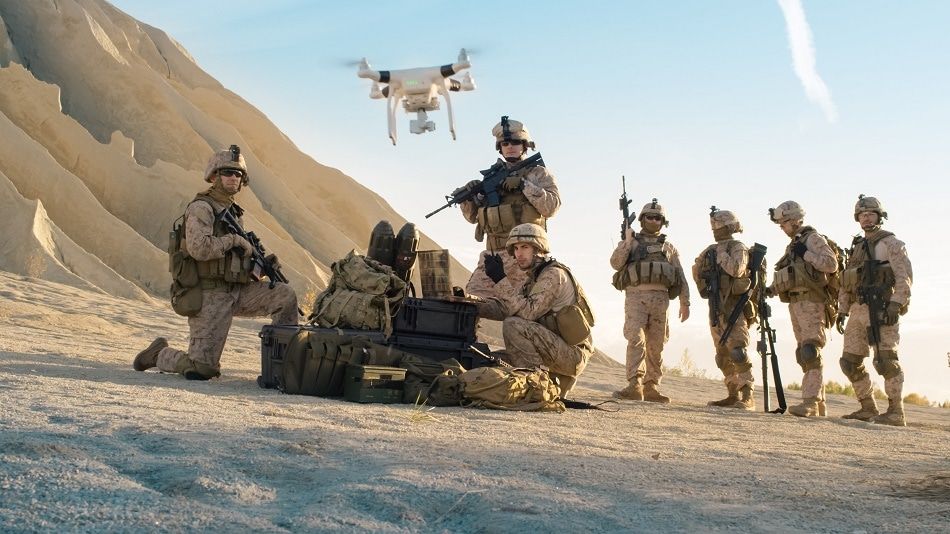
Nano UAVs for Military Applications
Over the past several years, the increased application of unmanned air vehicles (UAVs) in a wide variety of industries has inspired both public and private research laboratories to not only continually improve this technology, but to also support the miniaturization of these devices. The development of both micro- and nano-UAVs is directly related to the ability of researchers to miniaturize the major components of these devices, some of which include micro-processors, sensors, batteries and all necessary wireless communication units that allow UAVs to function properly in any given settings.


The US Space Force now has a flag. Here it is
The flag of the nation’s newest military branch was unveiled today (May 15) during a ceremony in the Oval Office. President Donald Trump watched as the flag was unfurled and designated it the official banner of the Space Force.
“Space is going to be the future, both in terms of defense and offense and so many other things,” said Trump, who also signed the 2020 Armed Forces Day Proclamation during today’s event. “And already, from what I’m hearing and based on reports, we’re now the leader in space.”
